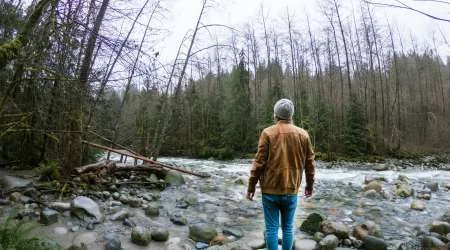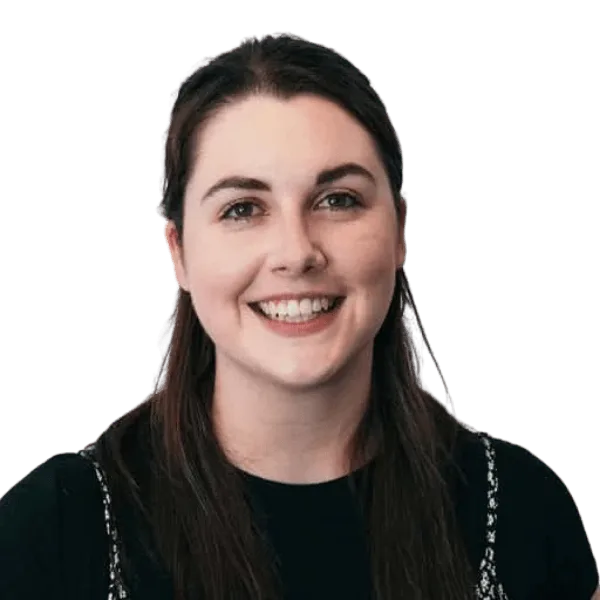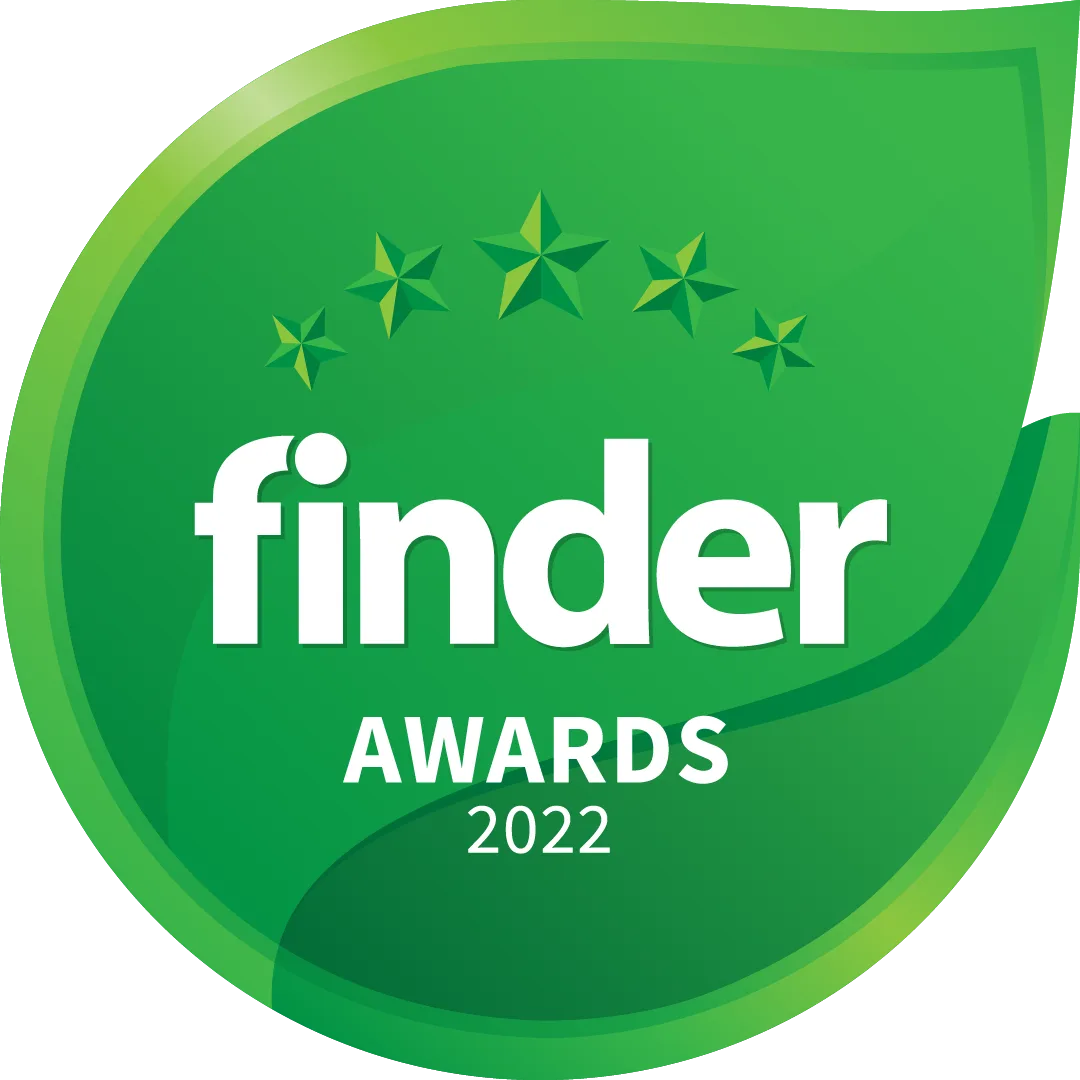
Should I use Qantas Points to pay for flight carbon offsets?
Is 159 points to offset a Sydney to Melbourne flight really a good deal?
Finder Green is a resource to help you make changes that work for you and for the world. Here, you'll get details of the companies we've rated as most eco-friendly through the Finder Green Awards, links to our favourite sustainable shopping products (our Finder Green Faves) and in-depth chats with organisations doing their bit for the earth (in Going Green).
Plus a whole lot more about the different ways you can make greener choices and our Green report from 2023.




The Finder Green Awards are our home-grown awards system where we comb through hundreds of companies to find the most sustainable of the lot. You and millions of other Australians can feel good about taking your money to any of these award-winning companies, because they're doing their bit for the planet.
Here are some important criteria we used in judging:
Find a full breakdown of the scoring here. And here are some of the winners (complete list here):
Green energy is not new (Australia has had solar technology for over 30 years, for example). But it has taken a while for energy providers to offer more green options. The good news is, switching to a greener energy company doesn't have to cost a fortune. In some cases, it could even save you money and these guides take you through some different options.
Travel doesn't have to leave a big trail of carbon footprints. There is a growing number of ways you can travel responsibly, from buying carbon-offsets for your flights to choosing sustainable accommodation and eco-friendly tours.
Since releasing last year's Green Consumer Report 2023, Australians have become slightly less concerned about the planet. We compared the year ending April 2023 to the year ending April 2022 and found the percentage of people who are not at all concerned about their carbon footprint has risen from 31% to 34%. The percentage who are extremely concerned decreased from 14% to 12%.
Picture: GettyImages